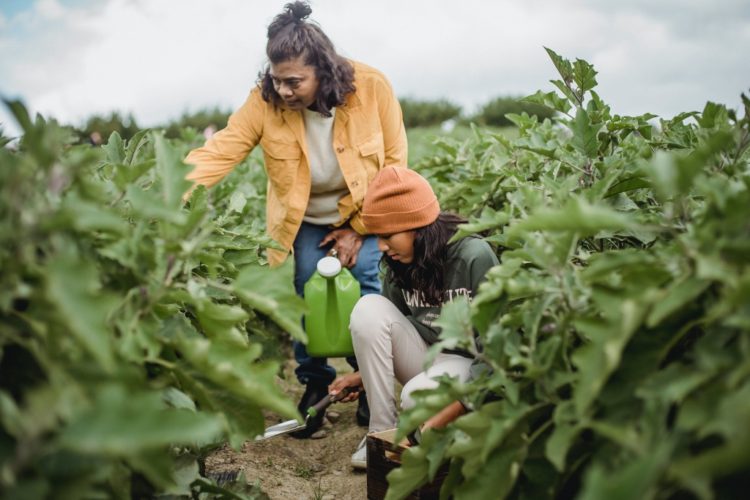You think you know why you grow your own, but there are hidden benefits of vegetable gardening.
A survey of smallholders in Gauteng showed that an astonishing 31% do not grow any vegetables on their plots.
The most obvious reason to do so is the cost of buying something which you could grow yourself. The difference in flavour is undeniable, the freshness contains great health benefits and you also know exactly what has gone into the soil to produce this bounty.
Some doctors recommend gardening as a form of exercise. Thirty minutes a day will improve your fitness and the health of your heart, lungs, joints and muscles, plus help lower the risk of developing dementia.
The physical activity improves the flow of blood to the brain, which in turn leads to an increase in release of “feel-good” chemicals in the brain such as serotonin and dopamine.
The vegetables that you choose to grow can also affect your mental state. Stock your vegetable gardens with feel-good foods that are good for brain health.
Holistic benefits
There are other hidden benefits to vegetable gardening. Neurologist Dr Oliver Sacks maintained that we are in fact hardwired to work outdoors. “Hortophilia, the desire to interact with, manage, and tend nature, is also deeply instilled in us … The effects of nature’s qualities on health are not only spiritual and emotional but physical and neurological. I have no doubt that they reflect deep changes in the brain’s physiology, and perhaps even its structure.”

Gardening strengthens attention span and concentration. This helps us to cope with the noise and information of modern life.
Another physical improvement is due to the fact that you are breathing fresh air. Plants play an important role in cleaning the air and carbon sequestration. This means that you are making your small contribution in the battle against global warming.
There is also a benefit in physically getting your hands dirty in the garden. We know that soil has its own microbiome and research has revealed that our contact with it has value for our own immune systems and general quality of life.
Neuroscience research shows that our gut microbiomes are healthier if they are exposed to the ancient parasites, fungi, and bacteria that are found in soil. They also ward off anxiety and depression.
With all that’s going on in the world, and the stress we are all under, perhaps getting our hands productively busy in the soil and encouraging our whole family to do so as well, might help us all to cope a bit better.
(Main image: Karolina Grabowska)

